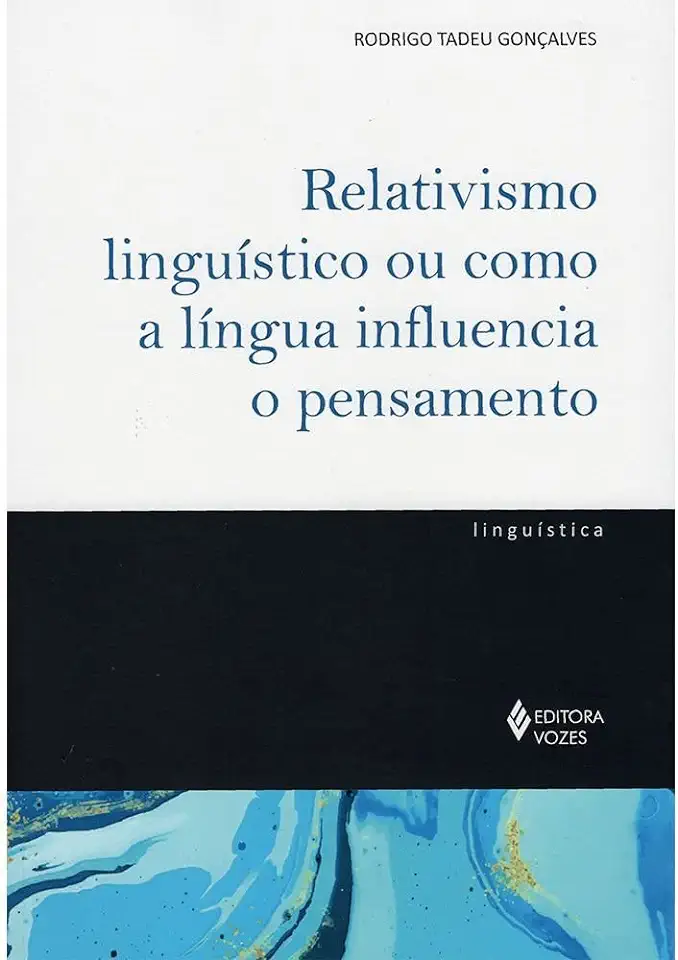
Linguistic Relativity or How Language Influences Thought - Gonçalves, Rodrigo Tadeu
Linguistic Relativity: How Language Influences Thought by Rodrigo Tadeu Gonçalves
A Journey into the Interwoven Worlds of Language and Thought
In his groundbreaking book, "Linguistic Relativity: How Language Influences Thought," Rodrigo Tadeu Gonçalves embarks on an intellectual odyssey, exploring the intricate relationship between language and thought. With meticulous research and captivating storytelling, Gonçalves unveils the profound impact that language has on our perception of reality, our cognitive processes, and our cultural identities.
Unveiling the Sapir-Whorf Hypothesis
At the heart of Gonçalves' exploration lies the Sapir-Whorf hypothesis, also known as linguistic relativity. This theory posits that the structure of a language shapes the way its speakers perceive and conceptualize the world around them. Gonçalves delves into the fascinating evidence supporting this hypothesis, drawing upon a wealth of cross-linguistic studies and real-world examples.
Language and the Perception of Time
One of the most intriguing aspects of linguistic relativity is its influence on our perception of time. Gonçalves demonstrates how different languages encode time in distinct ways, leading to variations in how speakers experience and conceptualize the passage of time. This section of the book offers a mind-bending exploration of the diverse ways in which time is perceived and understood across cultures.
Language and the Construction of Reality
Gonçalves further illustrates how language shapes our understanding of reality by examining the ways in which different languages categorize and conceptualize colors, emotions, and spatial relationships. He reveals how the words we use to describe our experiences can influence our perception and interpretation of those experiences, providing a deeper understanding of the intricate relationship between language and reality.
Language and Cultural Identity
The book delves into the profound connection between language and cultural identity. Gonçalves explores how language serves as a repository of cultural values, beliefs, and traditions, transmitting them from one generation to the next. He demonstrates how language shapes our sense of self and belonging, highlighting the vital role it plays in forging and maintaining cultural identities.
Implications for Education, Communication, and Cross-Cultural Understanding
Gonçalves concludes his exploration by discussing the practical implications of linguistic relativity for education, communication, and cross-cultural understanding. He emphasizes the importance of recognizing and appreciating linguistic diversity, advocating for educational approaches that embrace multilingualism and promote cultural sensitivity. By fostering an understanding of the intricate relationship between language and thought, we can enhance communication, bridge cultural divides, and build a more inclusive and harmonious world.
A Must-Read for Linguists, Cognitive Scientists, and Anyone Fascinated by the Human Mind
"Linguistic Relativity: How Language Influences Thought" is a tour de force that combines rigorous scholarship with engaging storytelling. Gonçalves' exploration of the Sapir-Whorf hypothesis and its implications for our understanding of language, thought, and culture is a must-read for linguists, cognitive scientists, and anyone fascinated by the workings of the human mind. Prepare to embark on an intellectual journey that will challenge your assumptions and expand your horizons, leaving you with a newfound appreciation for the power of language.